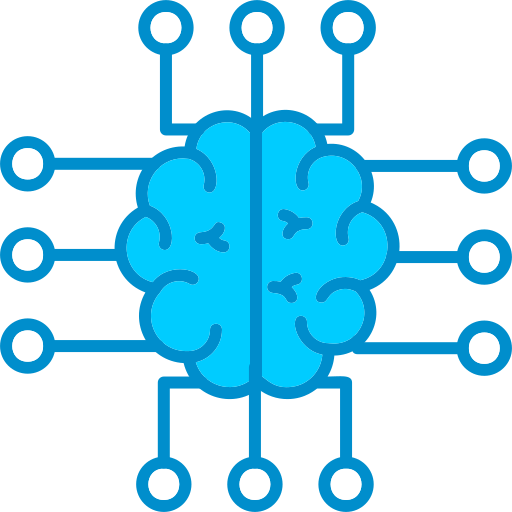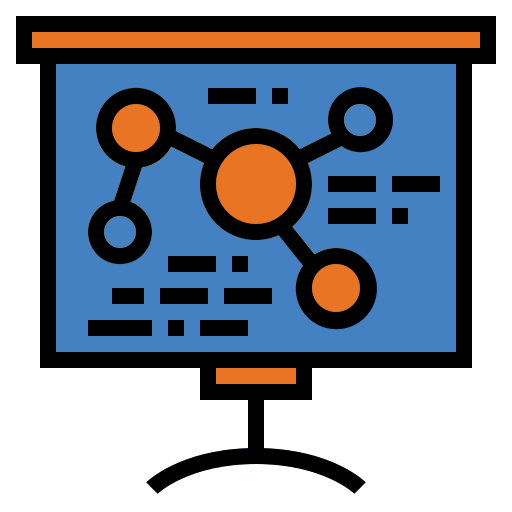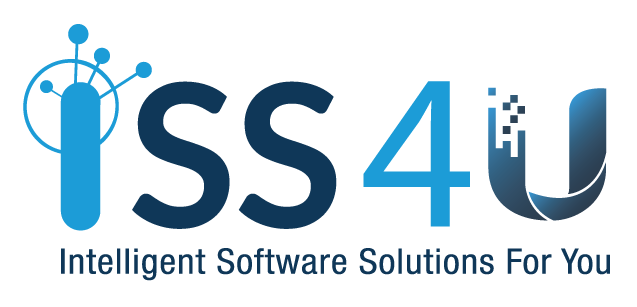Machine Learning
- Home
- Technologies
- Trending
- Machine Learning
Machine Learning


Supervised Learning
ISS4U utilizes a range of supervised learning algorithms to train models that can make accurate predictions or classifications based on labeled training data. We employ algorithms such as linear regression, logistic regression, decision trees, random forests, gradient boosting, and support vector machines. These algorithms enable us to solve various business problems, including demand forecasting, fraud detection, customer churn prediction, sentiment analysis, and recommendation systems.

Unsupervised Learning
ISS4U utilizes unsupervised learning techniques to discover hidden patterns, clusters, and relationships within data without the need for labeled information. We deploy algorithms like k-means clustering, hierarchical clustering, DBSCAN (Density-Based Spatial Clustering of Applications with Noise), and association rule mining. This enables us to gain insights from unlabeled data and perform tasks like customer segmentation, anomaly detection, market basket analysis, and network analysis.

Deep Learning
ISS4U expertly leverages deep learning, a subset of machine learning, focusing on training deep neural networks. We employ frameworks like TensorFlow, PyTorch, and Keras to develop and train models for tasks like image recognition, NLP, and more. This enables us to adeptly handle complex data, achieving top-tier performance in domains such as image classification, object detection, text generation, and speech recognition.

Reinforcement Learning
ISS4U explores reinforcement learning techniques to develop intelligent systems that can learn and make decisions through interactions with an environment. We apply reinforcement learning algorithms such as Q-learning, deep Q-networks (DQN), and policy gradients. Reinforcement learning finds applications in autonomous control, robotics, game playing, resource allocation, and dynamic decision-making scenarios.

Transfer Learning
ISS4U leverages transfer learning to accelerate model development and improve performance. Transfer learning allows us to leverage pre-trained models and knowledge from one domain to another, reducing the need for large amounts of labeled data. By transferring learned representations and fine-tuning models, we can quickly adapt machine learning solutions to new domains and achieve better results with limited resources.

Model Interpretability and Explainability
ISS4U acknowledges the vital role of model interpretability and transparency, especially in regulated sectors. We utilize methodologies like feature importance analysis, SHAP, LIME, and surrogate models to elucidate the decision-making processes of machine learning models. This facilitates comprehension of the factors shaping model outputs, cultivates trust, and ensures compliance with regulatory standards for businesses.

AutoML (Automated Machine Learning)
ISS4U embraces AutoML technologies to streamline and accelerate the machine learning pipeline. We leverage AutoML tools and platforms that automate tasks such as data preprocessing, feature engineering, model selection, hyperparameter tuning, and model deployment. AutoML enables us to efficiently build and deploy high-performing models, freeing up valuable time for focusing on higher-level model improvements and business-specific optimizations.

Model Evaluation and Optimization
ISS4U emphasizes rigorous model evaluation and optimization to ensure the performance and reliability of machine learning solutions. We employ various evaluation metrics, cross-validation techniques, and hyperparameter optimization methods such as grid search, random search, and Bayesian optimization. This iterative process helps us fine-tune models, improve their accuracy, avoid overfitting or underfitting, and ensure they generalize well to unseen data.
